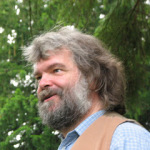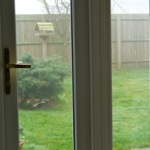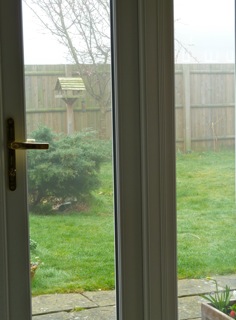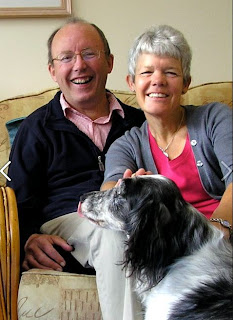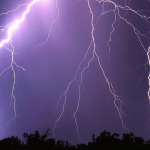Interspersed with my own blog posts, I will be running a new series on the ONE Christian book which has most influenced you. If you’d like to guest-post, email me at anitamathias1ATgmail.com. Thanks.
Dan Schmidt opens the series, with a book whose central chapter I have read and posted on several times, and tried to “get.” “Getting it” even a little bit, as I have, is life-changing!
 |
A friend left a message on my cell phone to call, asking me to call, which I did. We talked via Skype: me in Florida, my friend in China. Such an occurrence hardly raises a pierced eyebrow these days—who can’t connect with someone half a world away in less time than it takes to brew a latté? And China—even that hardly registers. What once was on the earth’s far side is now less than a day away by air-conditioned , wi-fi enabled jet.
| Dan Schmidt |
Dan Schmidt has pastored churches, eaten wot on injera in Ethiopia, and fished for sharks. He was raised among expatriates, and has lived in Latin American and central Pennsylvania with his family. Dan is the author of three books of devotional exegesis and two novels; he blogs at www.toucanic.net.




